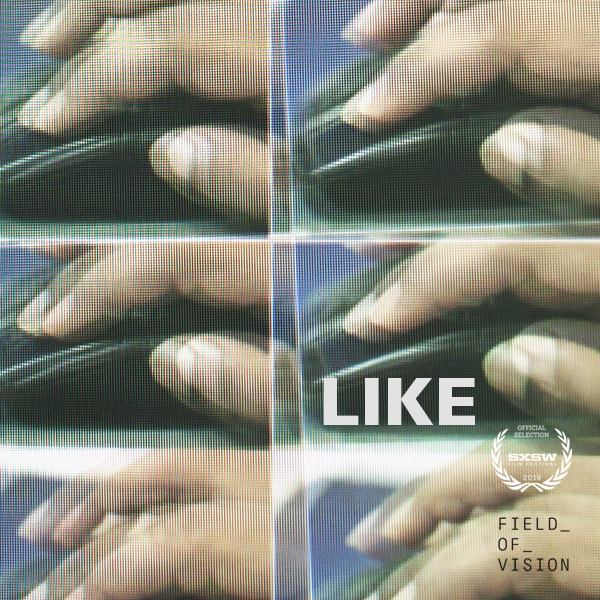‘Citizenfour’ Director Collaborates to Lead Documentarian Journalism

“Like,” directed by Garrett Bradley, proposed a unique view about the tension between Facebook and “click-farms” of Bangladesh.
March 28, 2016
At one point, the pen was stronger than the sword — a similar argument can be made for the hashtag as the ultimate weapon of the 21st century. With technological advancement, almost everyone can share information. New voices are being heard, and the “Field of Vision” documentary unit headed by Laura Poitras is doing its best to encourage and groom this natural byproduct of the Internet age.
“Field of Vision” is a filmmaker-driven visual journalism unit that has been working to produce and promote short documentaries that highlight important stories. Headed by Poitras (director of “Citizenfour”), AJ Schnack and Charlotte Cook, the group works with documentarians of all experience levels to focus on spreading information digitally. Their focus on instantaneous reporting has kept them mostly ahead of traditional news sources, breaking stories weeks before they are seen on headlines.
The IFC Center hosted a screening of the “Field of Vision” Spring 2016 season. The spring showcase previewed five thought-provoking short documentaries that dealt with urgent and compelling issues. “Black Belt,” directed by Margaret Brown, focused on the mass closing of DMVs in Alabama this past September and how that can affect prospective voters in need of an ID. “Like,” directed by Garrett Bradley, proposed a unique view about the tension between Facebook and “click-farms” of Bangladesh. “Concerned Student 1950,” directed by Adam Dietrich, Varun Bajaj and Kellan Marvin, provided a glimpse into the student movement against racism on campus that took place at the University of Missouri last year. “Speaking is Difficult,” directed by Schnack himself, takes the 911 recordings from mass shootings that have happened in America beginning with San Bernardino and moving backwards chronologically. Finally, “Gatekeeper,” directed by Yung Chang, was a character study of a retired policeman who patrols Japan’s suicide cliffs to stop potential jumpers.
While each film offered valuable, fresh perspectives on current issues, certain images stood out from the rest. The repetitive dialogue between the phone operator and the shooting victim in “Speaking is Difficult” is a harrowing and eye-opening experience that highlights the lack of advancement in gun control and prevention. Certainly the most shocking and powerful images in the showcase came from “Concerned Student 1950.” The student filmmakers were able to follow the events as they unfolded, and the footage is telling of the students’ passion for the subject. One of the many instances occurs when the resignation of the school president is announced and the students celebrate while dancing to Kendrick Lamar. The genuine emotion captured in that one moment is undoubtedly something to praise.
The screening was followed by a brief talk by the “Field of Vision” co-creators, where they discussed the goal of the project.
Cook touched generally on how the group arose, as a platform that focused on telling stories that speak to a bigger story taking place. While the group focused on speed, they also emphasized that this was a new form of journalism.
Poitras wanted the unit’s films to work as a lens for artists to come at news from a different direction. She also offered some questions that encapsulated the project’s goal.
“How do you look at events that we want to deal with but present them differently?” Poitras asked. “How will that impact how people look at them differently?”
A version of this story appeared in the March 28 print edition. Email Sydney Rappis at [email protected].


























































































































































